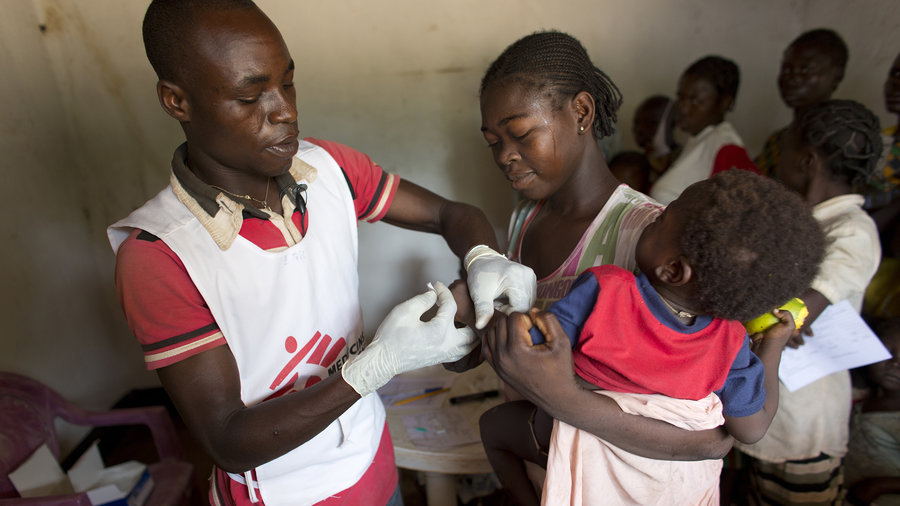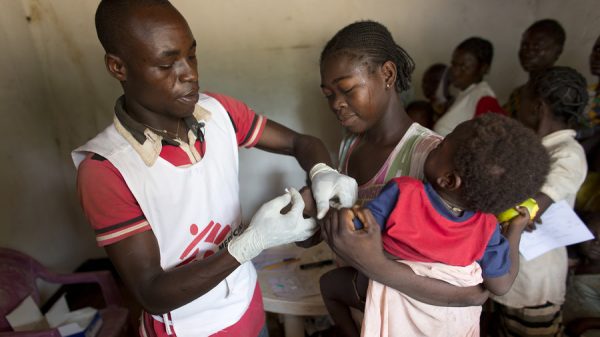The Doctors without Borders Foundation, originally Medecins Sans Frontieres (MSF), was established in 1971 in Paris. It is a self-governed humanitarian medical non-profit organization, known for its numerous projects in conflict zones and countries affected by endemic diseases.
MSF has a presence worldwide with over 35,000 employees, most of them hired locally, with several offices. These employees are usually health professionals, logistical and administrative staff with a majority of them being volunteers.
Up to 90 per cent of the organization’s funds are provided by private donors; the remaining 10% is provided by corporate organizations. None of the organization’s funds comes from the government.
MSF is “committed to bringing quality medical care to people caught in crisis, regardless of race, religion or political affiliation”. The organization conducts proper evaluation to determine the needs of the people.
MSF in Nigeria
Doctors without Borders first worked in Nigeria in 1971, their first official mission being their response to the Biafra conflict and the famine that followed. Years later, the outbreak of Boko Haram conflict and wars in the northern parts of Nigeria has upped the activities of the MSF once again.
MSF operates mainly in 12 towns across the northern states including Gwoza, Pulka, Benisheik, Damboa, Monguno, Gambaru, Ngala, Banki, Kukareta, Yakusko, Dikwa, and Bama, across Borno and Yobe States. Considering that many of these towns are hard to reach, the MSF organization came up with a creative idea. That is the use of tricycles (keke napep) to serve as mobile clinics.
These tricycles are branded with the organization’s logo and are granted access to communities where movement is restricted by military officials. Therefore, with the tricycles, patients are moved to the clinic for proper care.
There are currently not less than six keke napeps distributed strategically with drivers already trained in basic first aid. Each of these drivers also has a wireless radio set and first aid kit. On the average, a total number of 260 patients are taken to the hospital in the keke napeps and since June 2017, over 1,800 patients have been taken to the hospital.
In addition to medical aid given to the internally displaced and refugees, the foundation provides mental health support, runs nutrition programmes and distributes food, gives vaccines, responds to disease outbreaks, conducts water and sanitation activities, provides emergency paediatric care, campaign against rape. They also provide basic amenities like latrines, and water tanks and taps and petrol to pump the water.
During the year 2016, 20,760 children were admitted to therapeutic feeding centres, 290,222 outpatients and 2,764 emergency consultations were carried out, and 3,071 patients were admitted for treatment. Over 56,000 antenatal care consultations were conducted with 5,181 assisted deliveries.
By the end of the year 2016, figures ranked up. There were 441,900 outpatient consultations, 58,500 malaria patients treated, 13,100 assisted births, 2,600 surgical interventions, with a total number of staff at 1,080. Expenditure for that year was €39.3 million.
References
www.msf.org/en/where-we-work/nigeria


